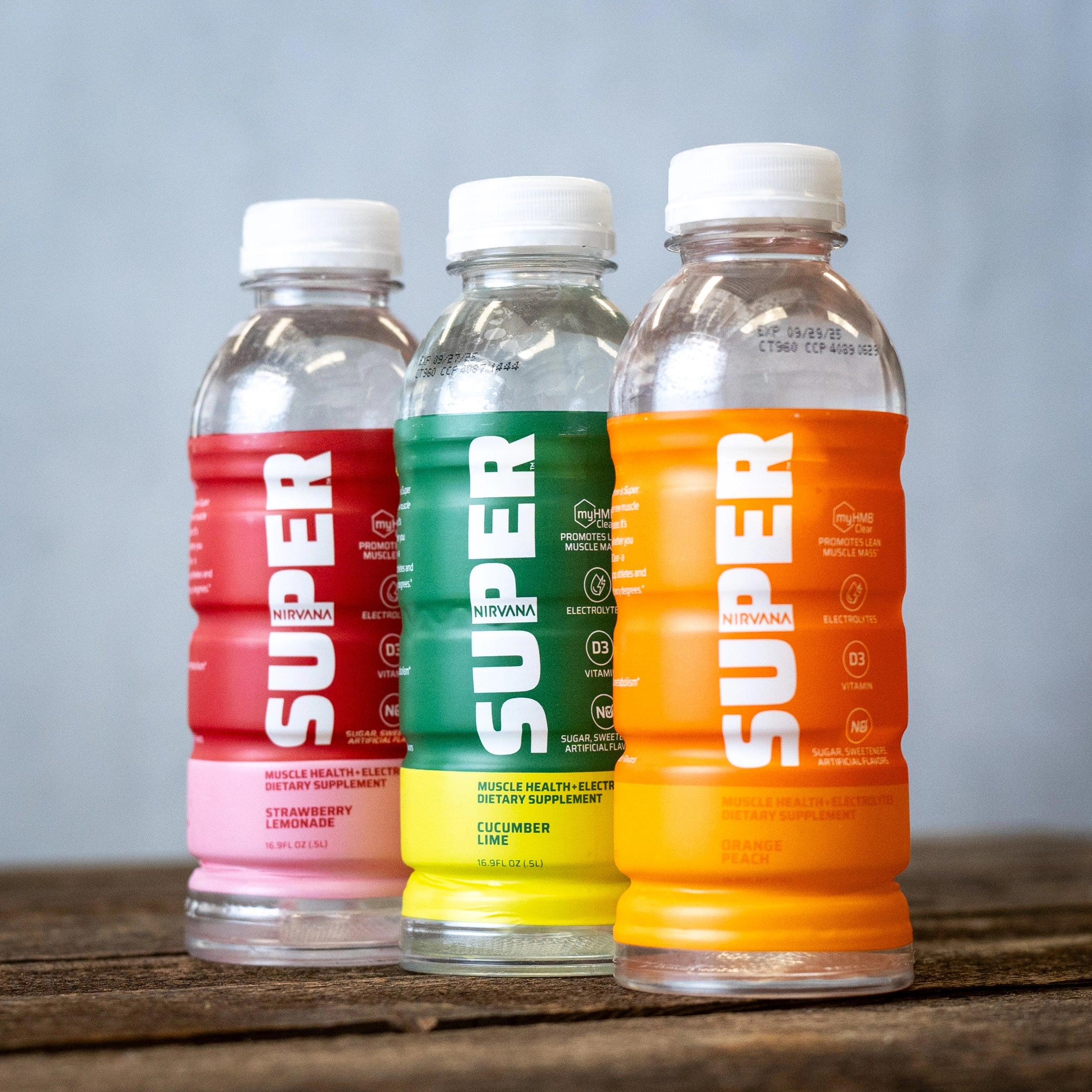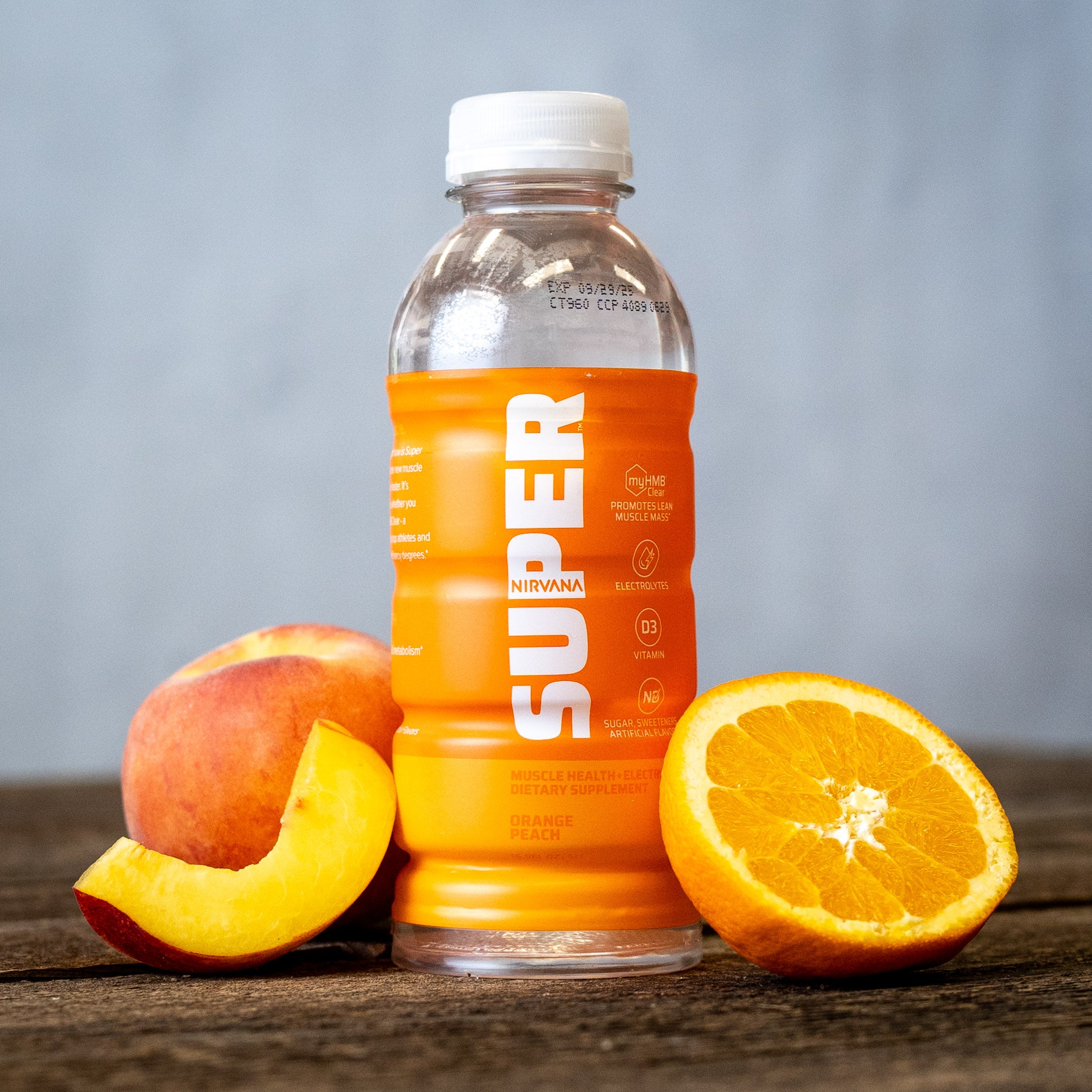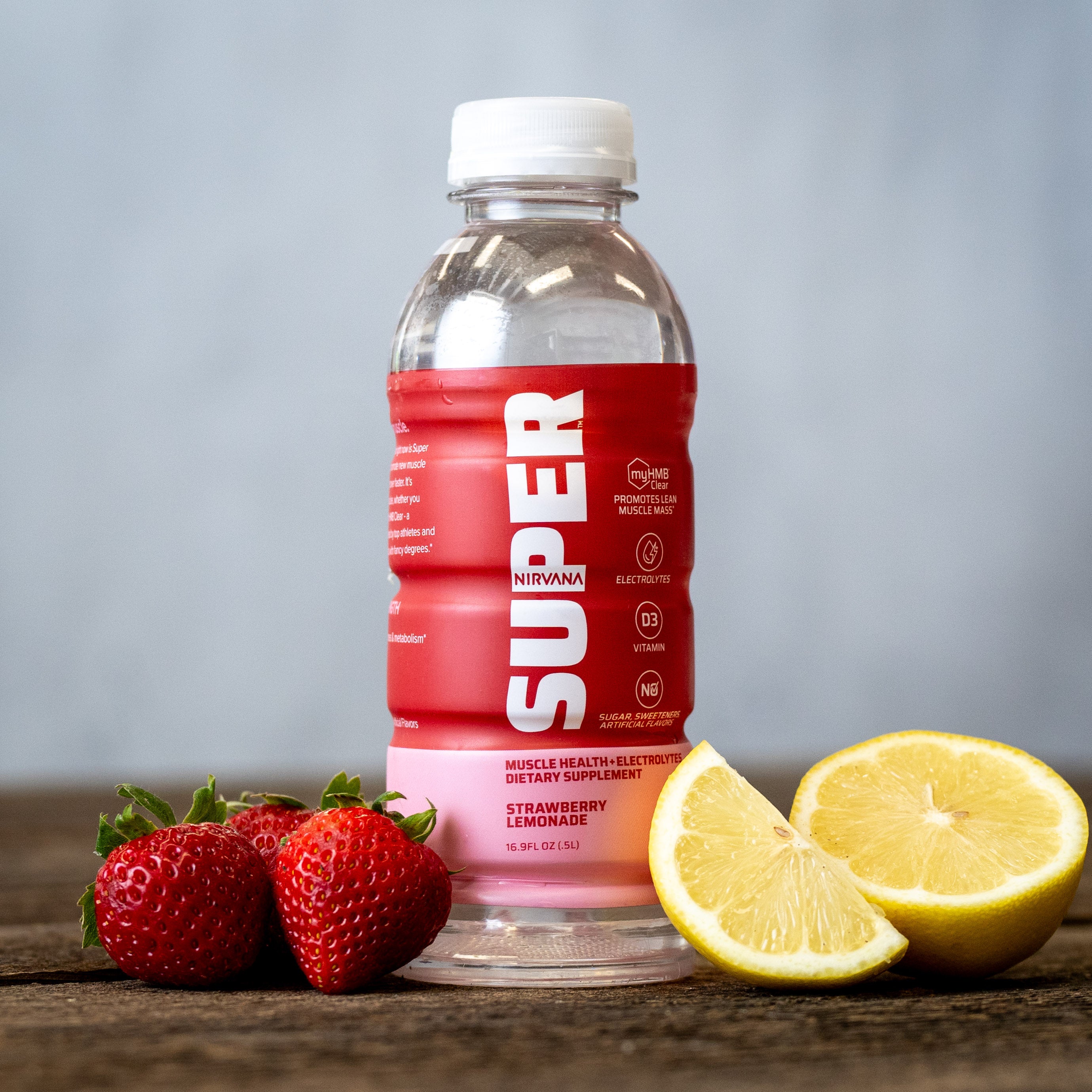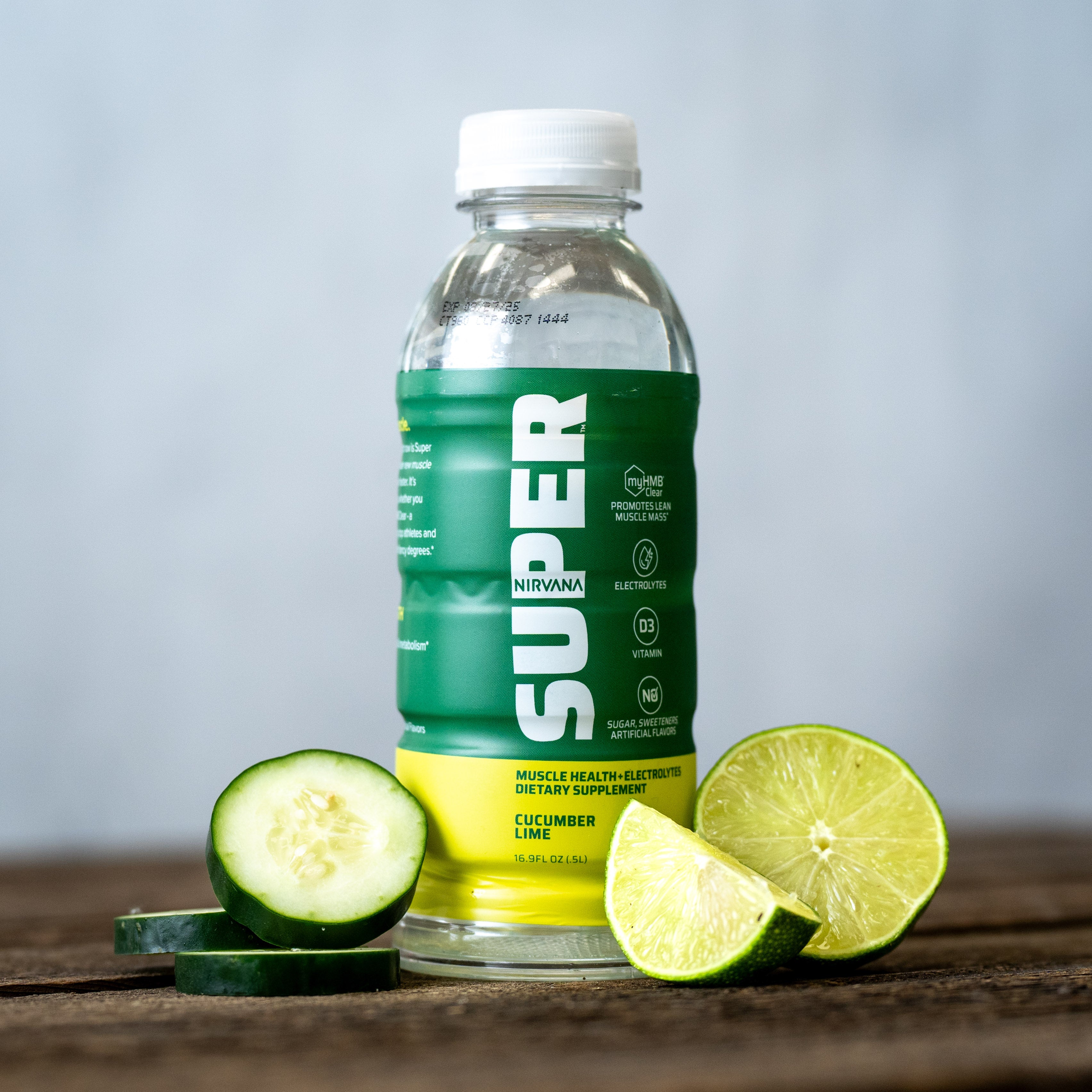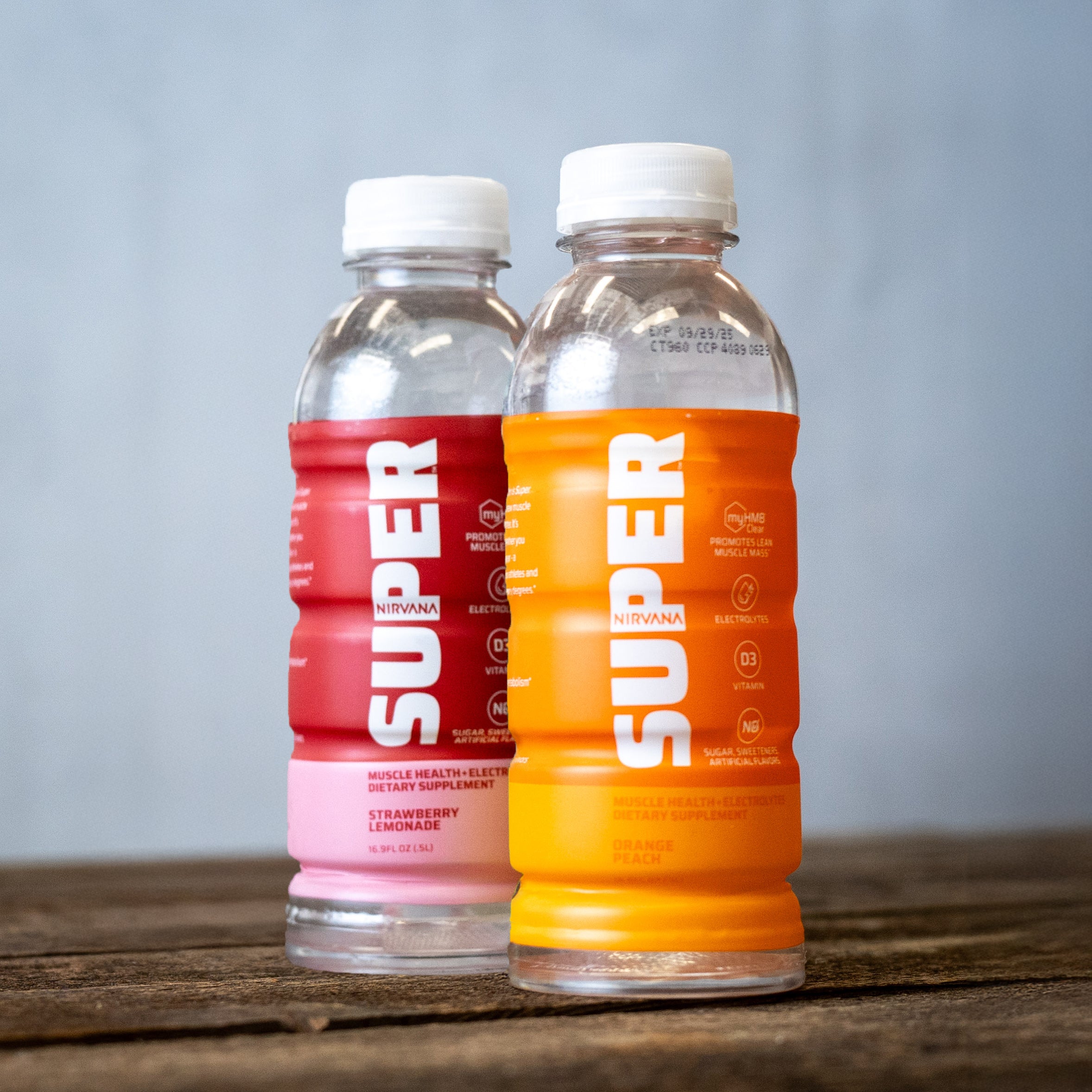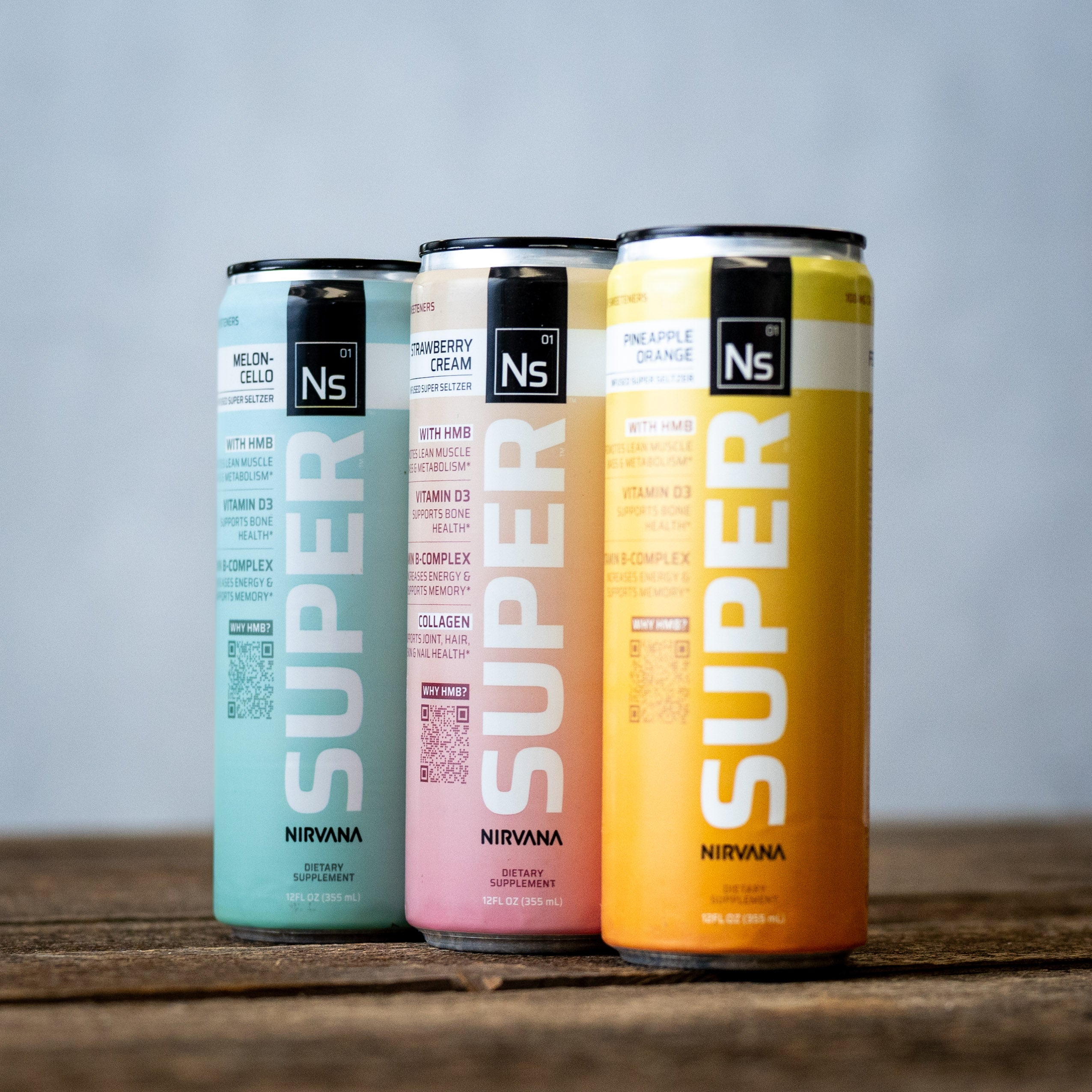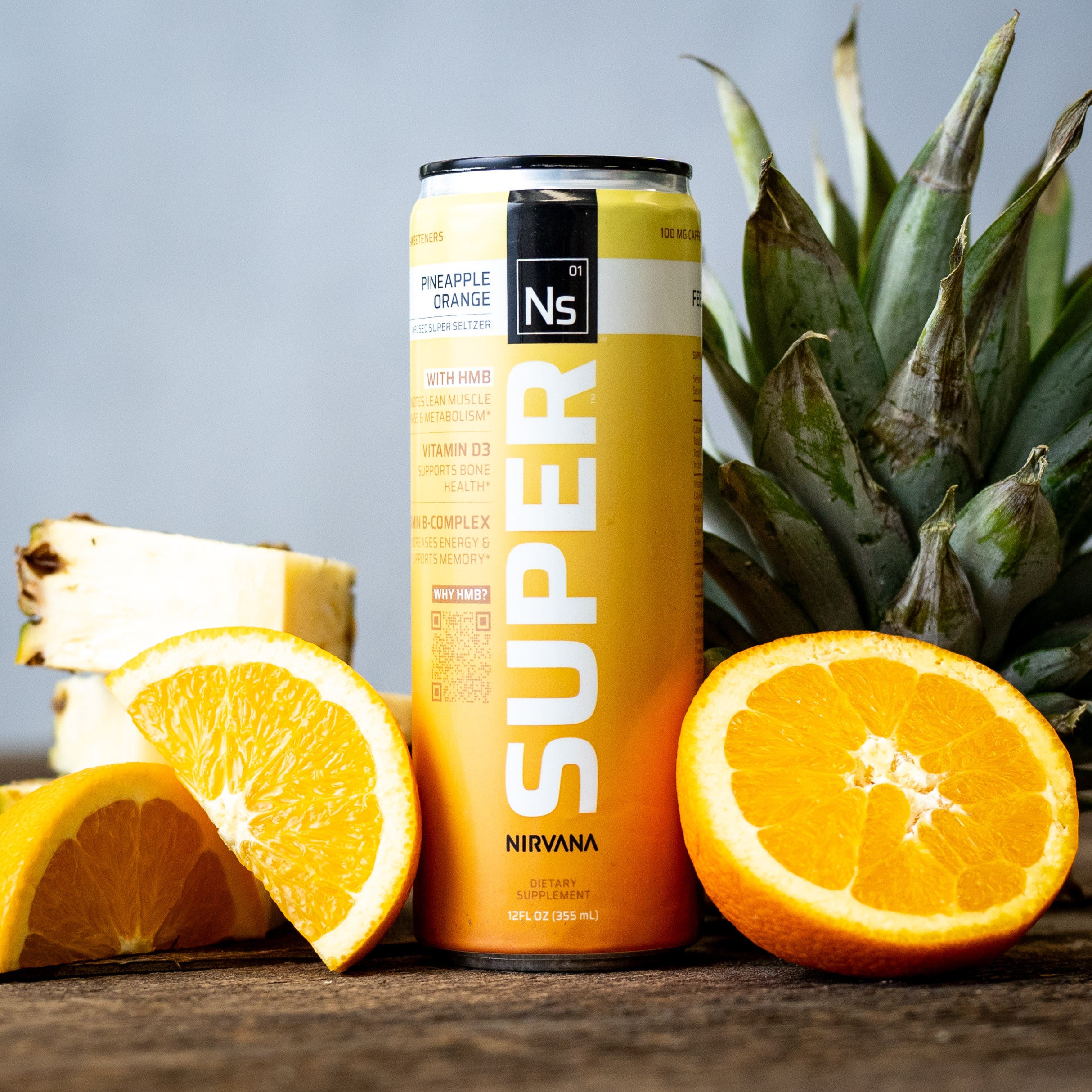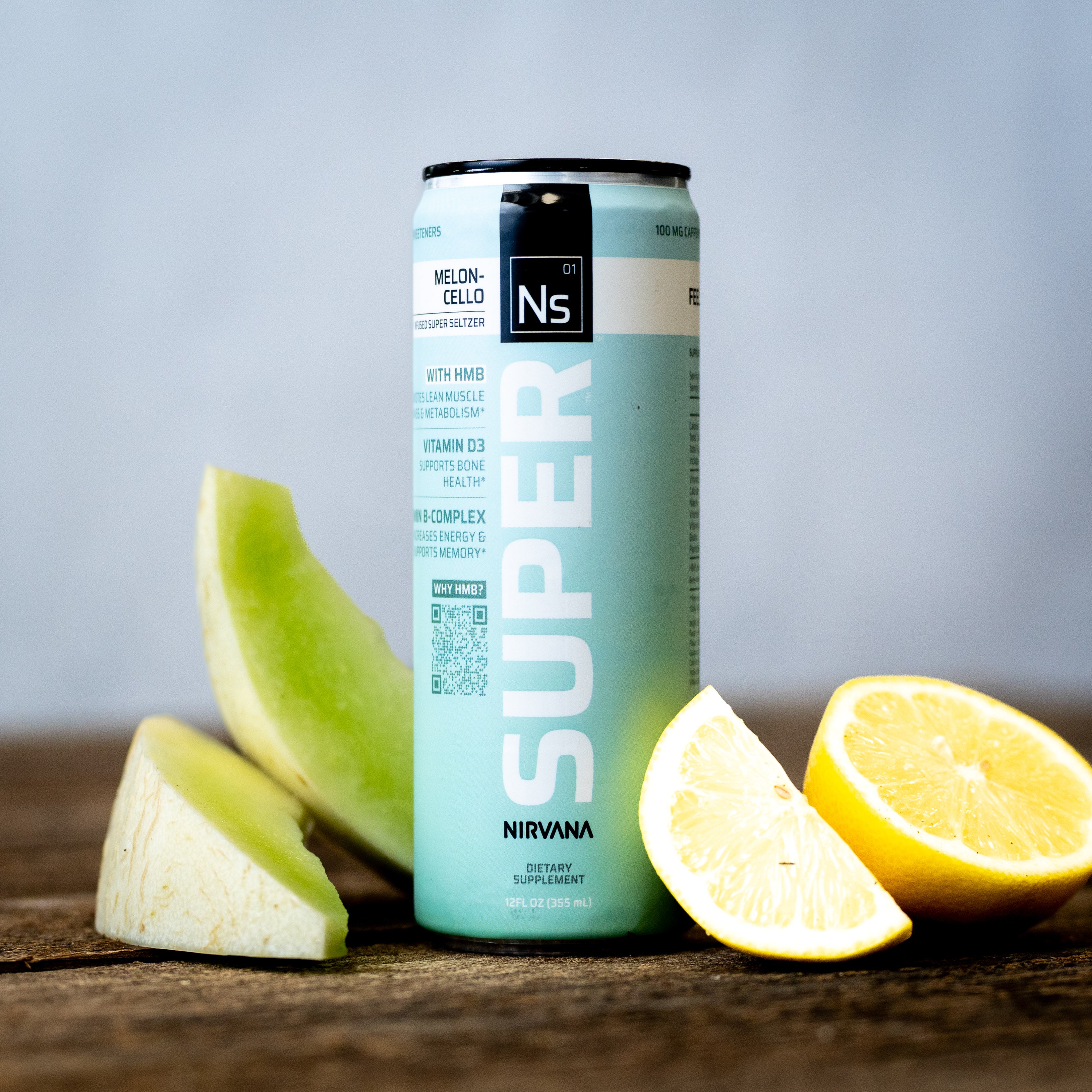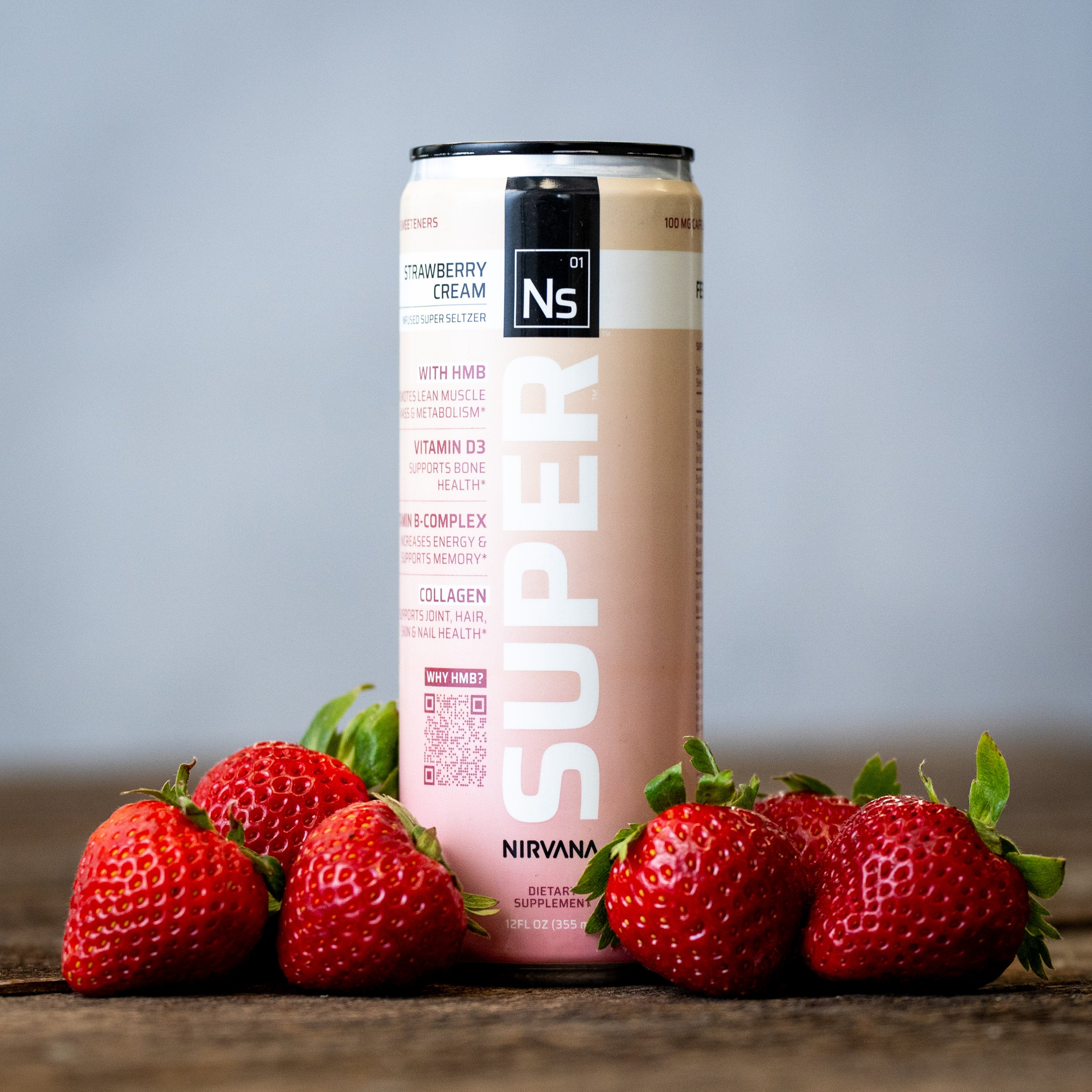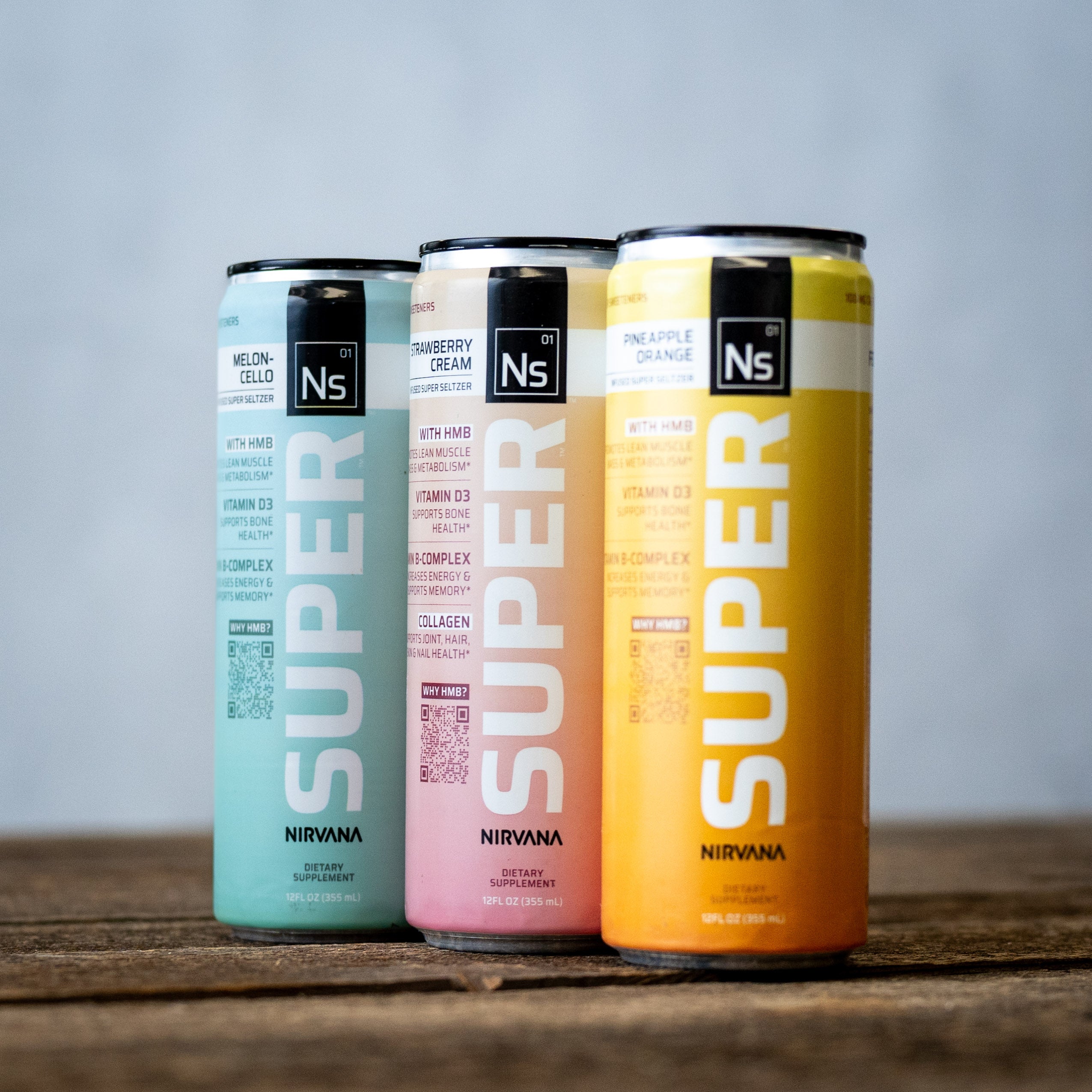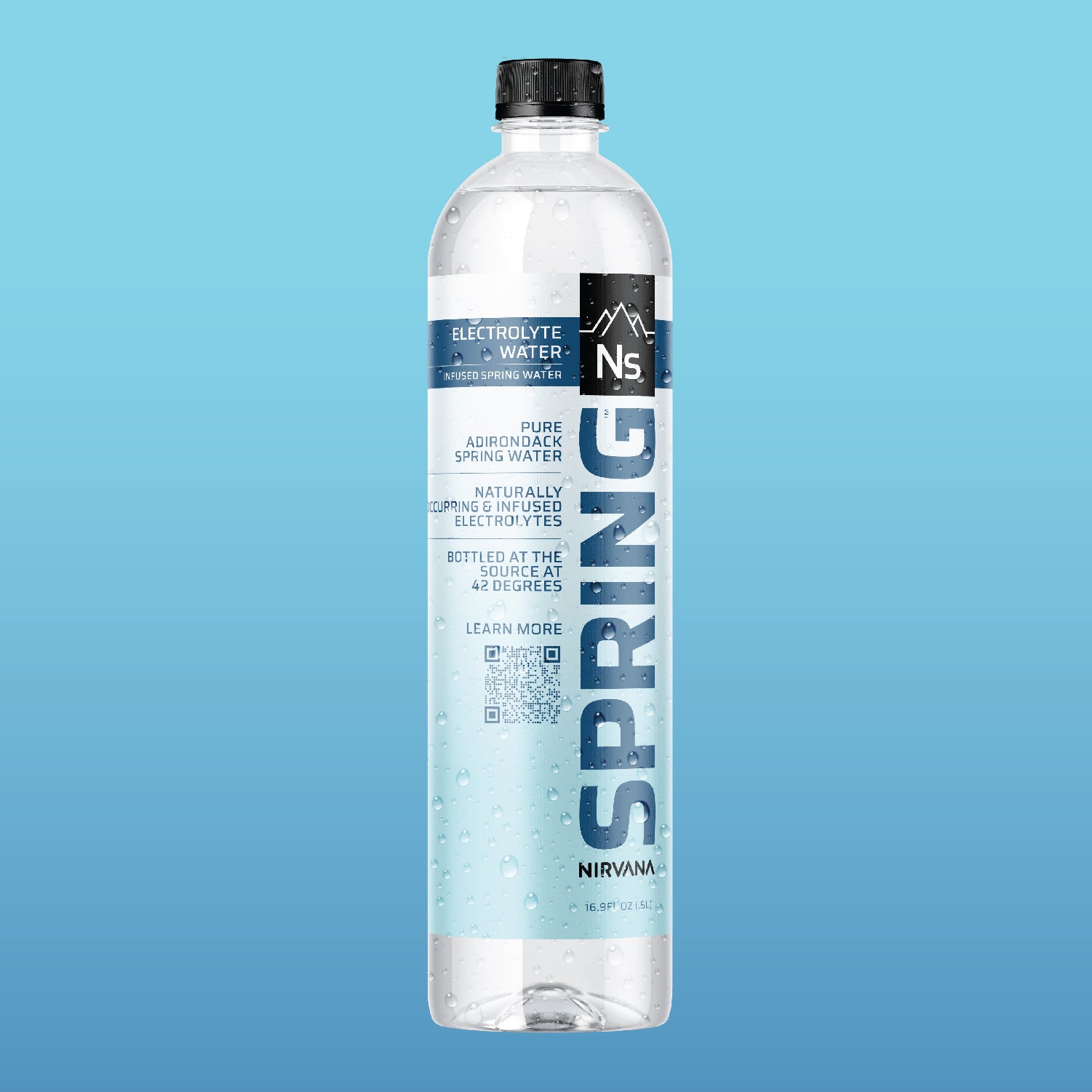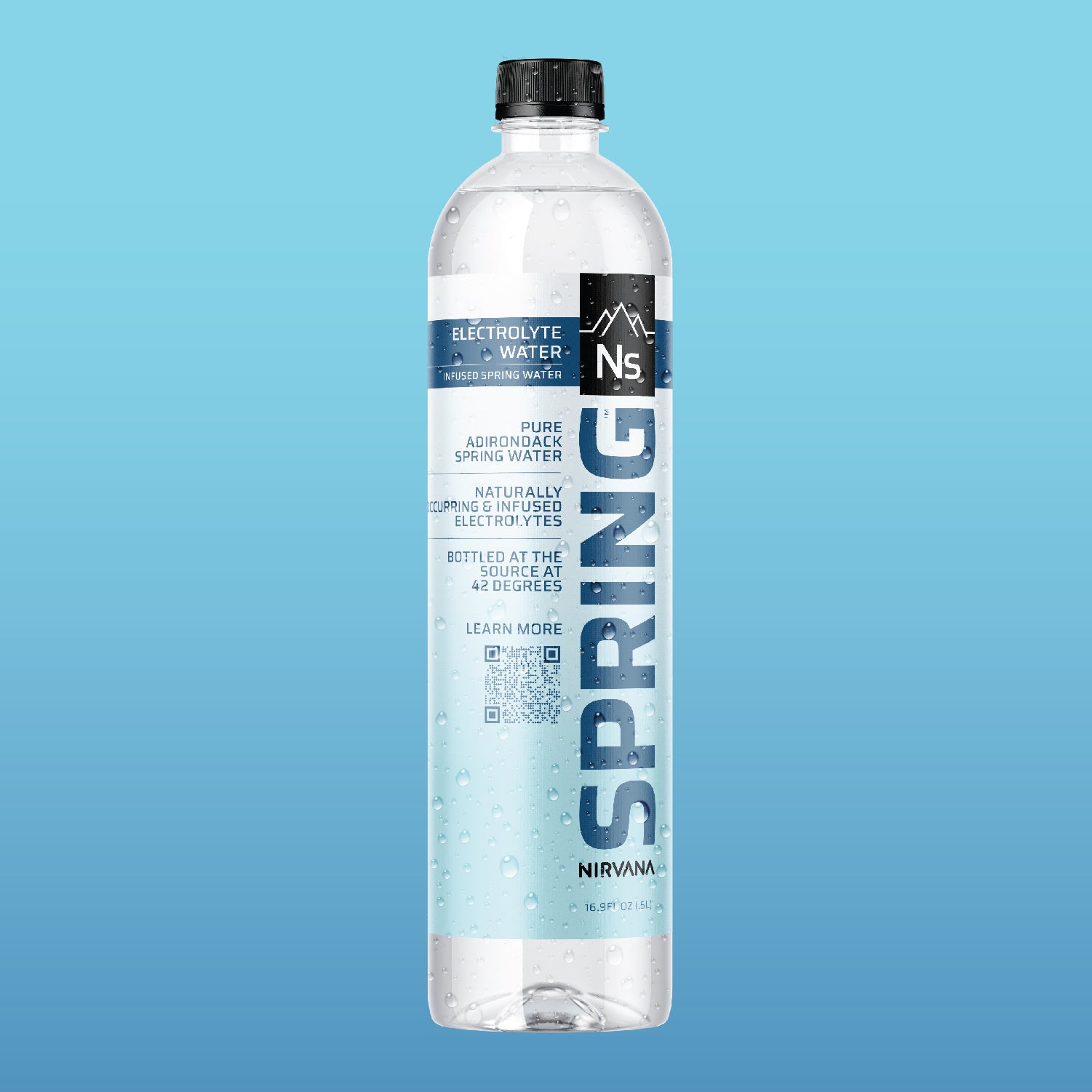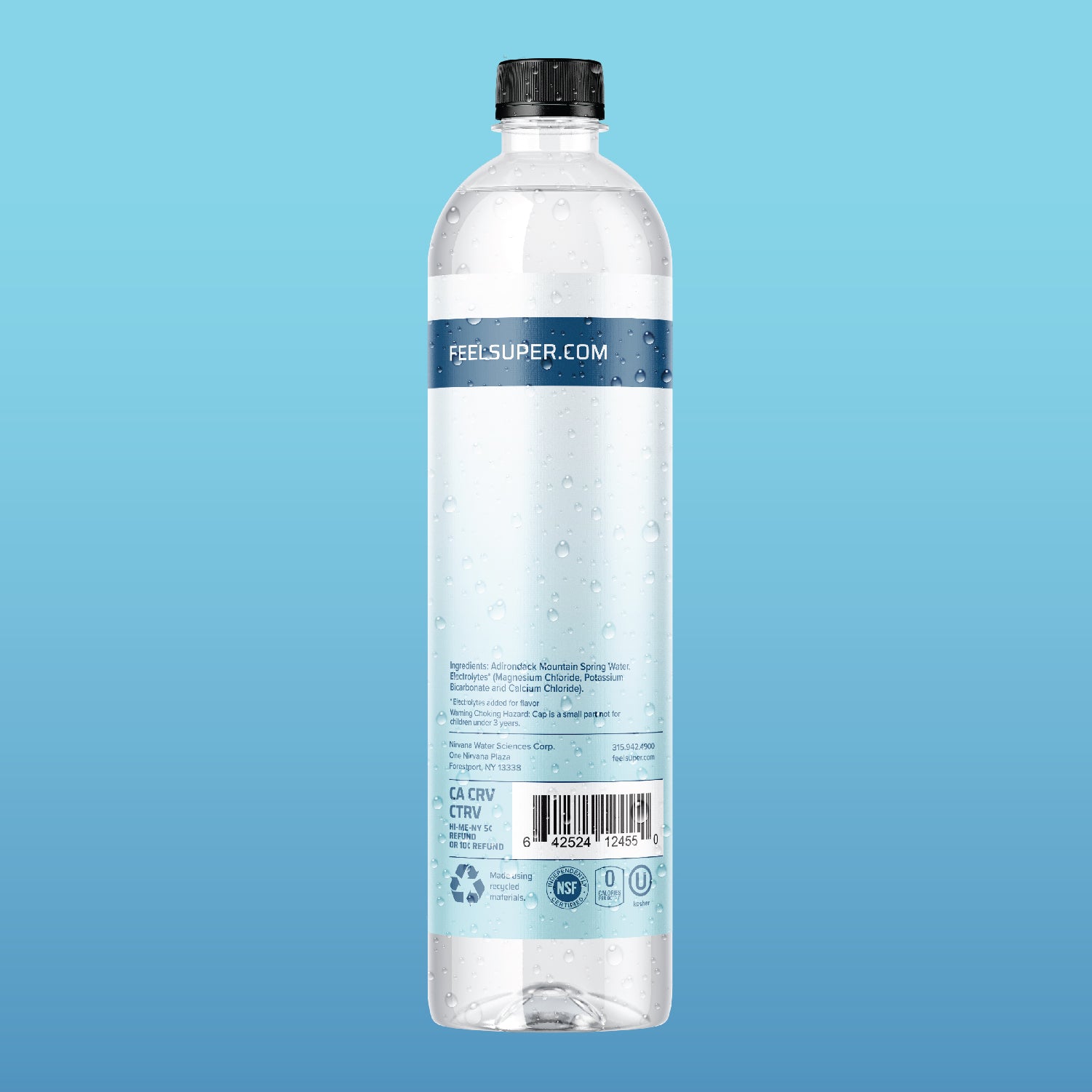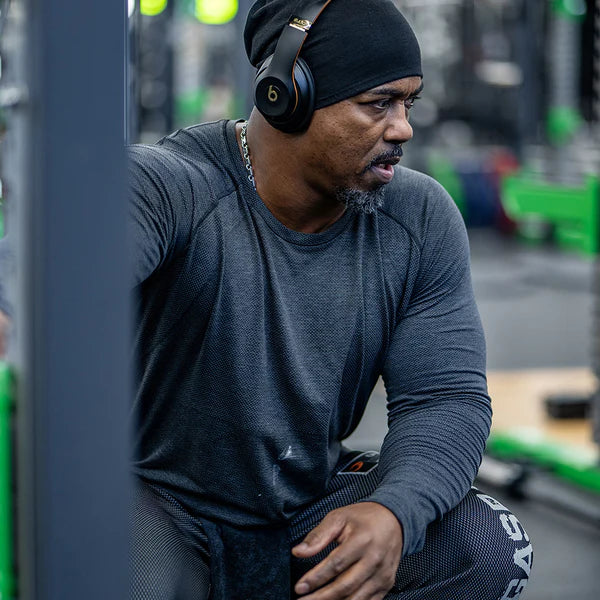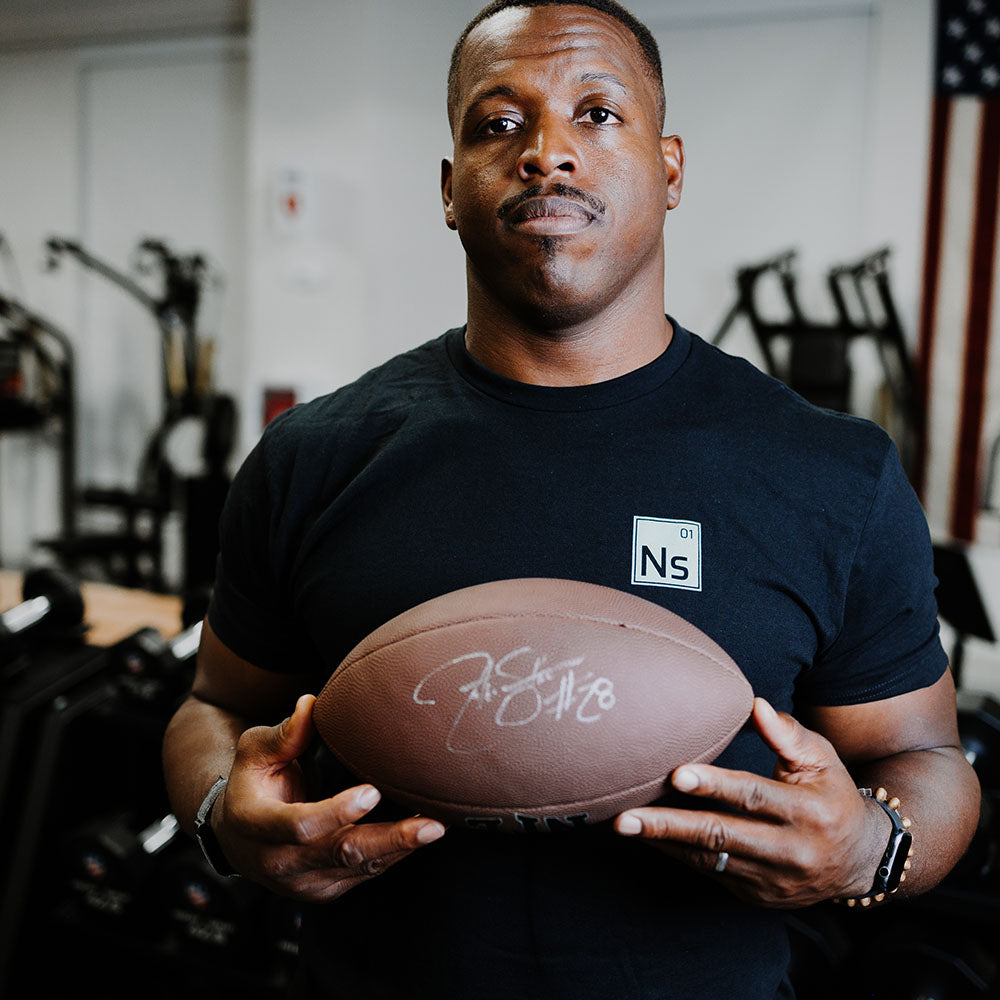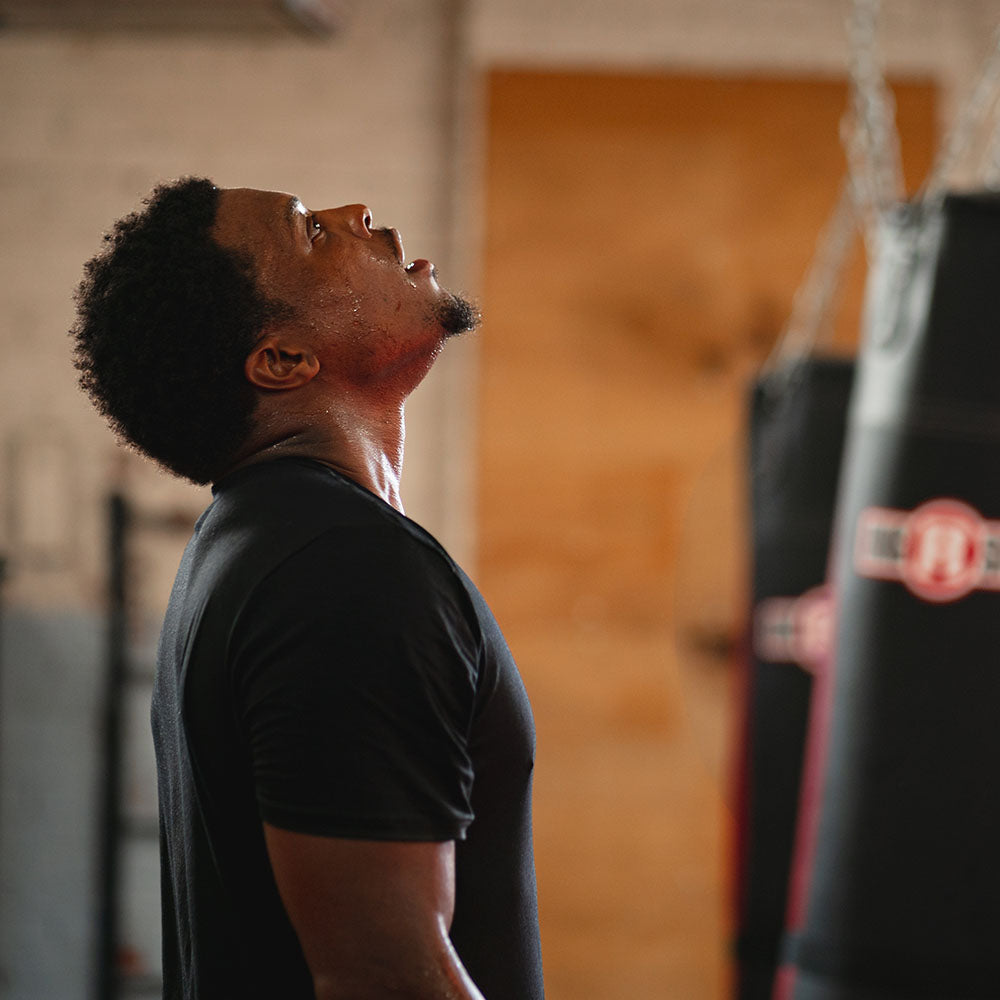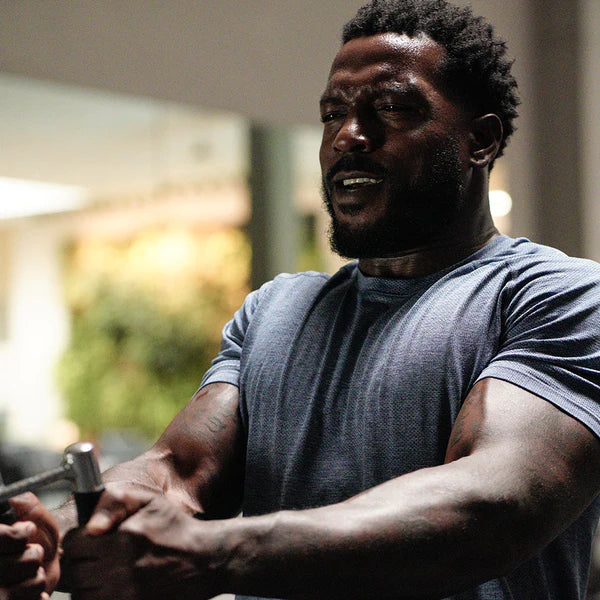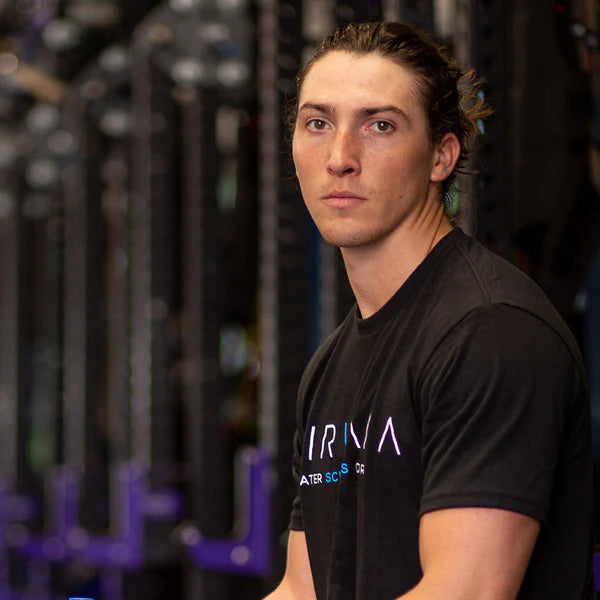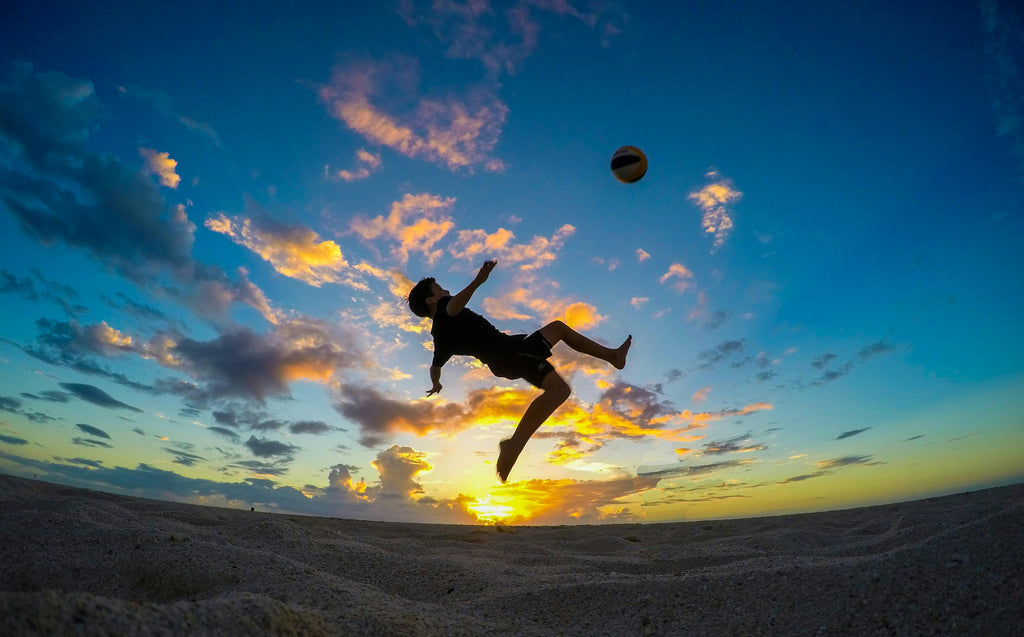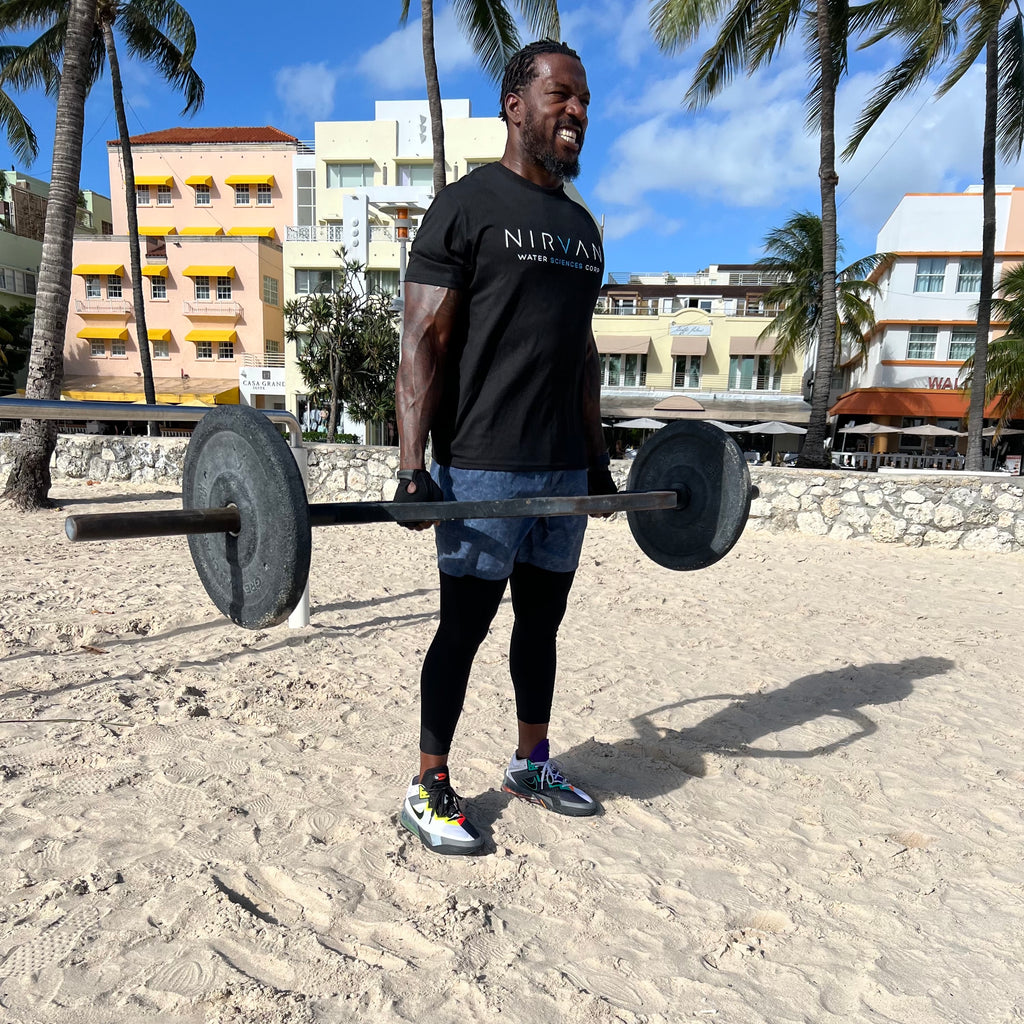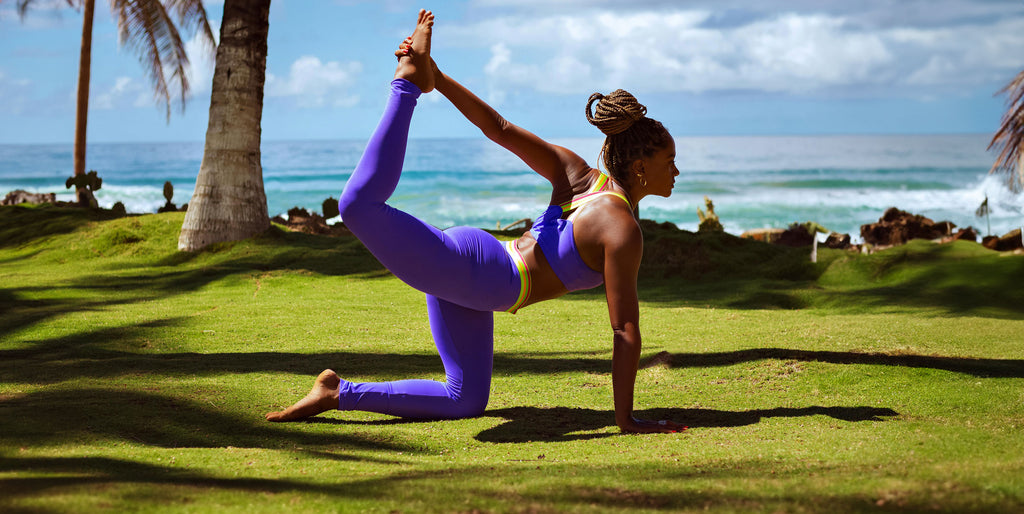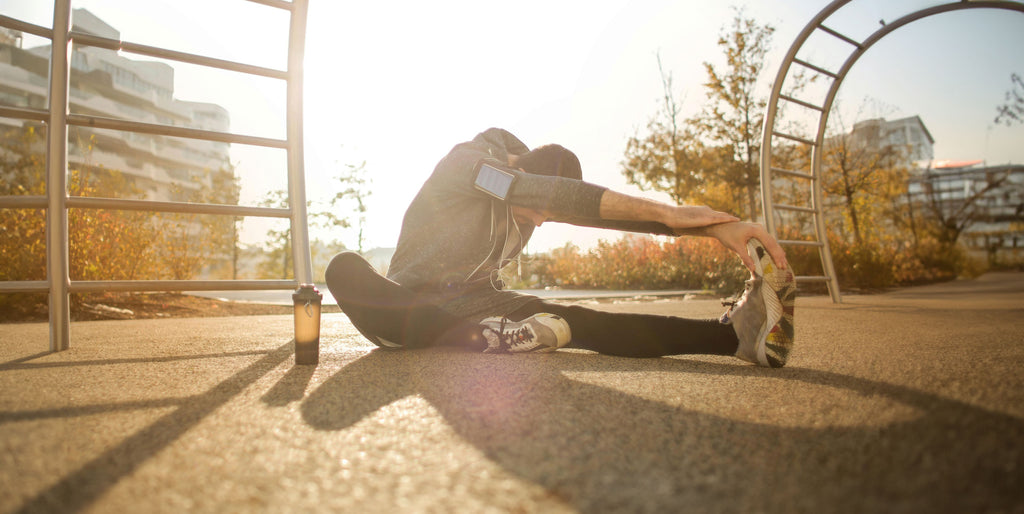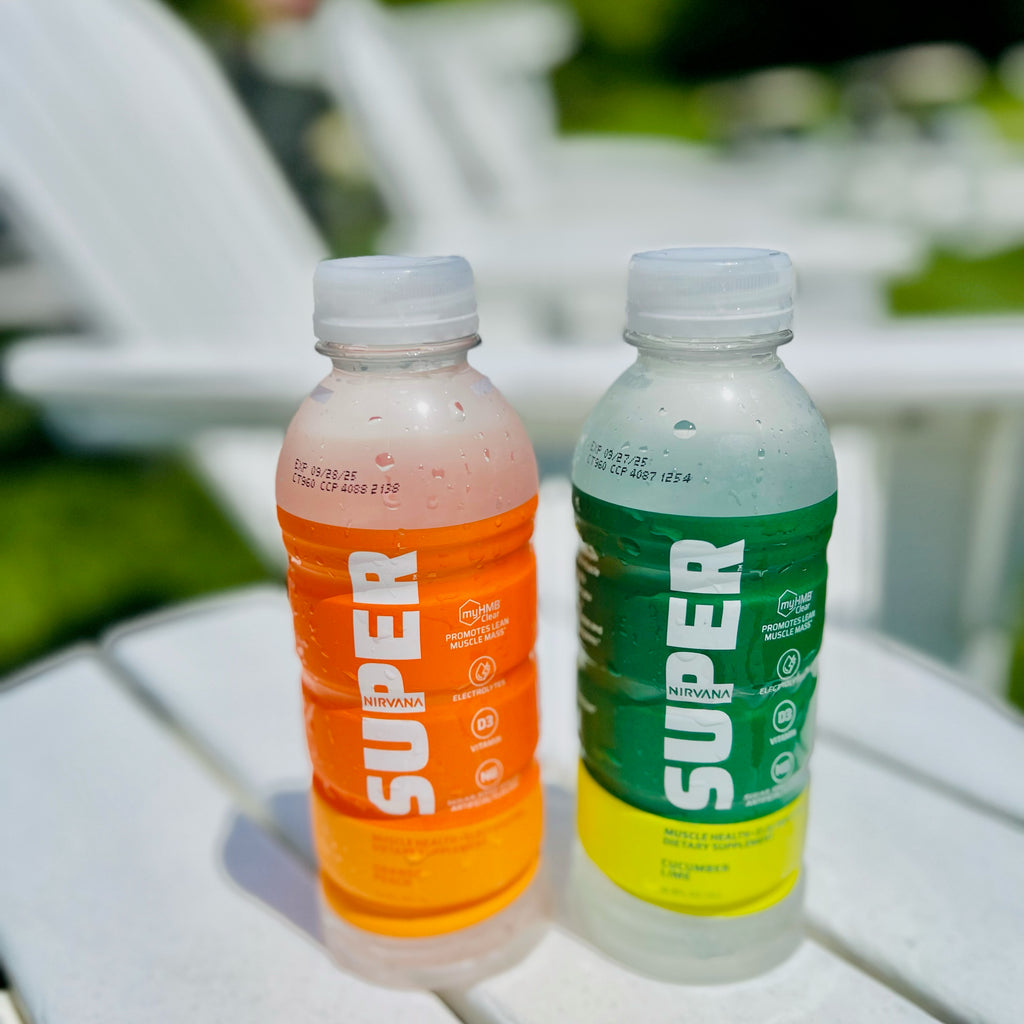What’s Causing My Muscle Cramps?
There are few scenarios as frustrating or painful as being stopped in your tracks by a sharp muscle cramp. Muscle cramps, spasms, or “Charley horses” are involuntary and often painful contractions of the muscles. They can happen at virtually any time, but can often occur while sleeping or during long, tiring exercises like running.
So what causes these annoying (and even debilitating) cramps to begin with? In this article, we’ll cover some of the most common causes of muscle cramps and tell you some of the ways to prevent them from ruining your workout (and your day).
Dehydration: A likely cause of muscle cramps

One of the most common reasons that muscle cramps occur during a big workout is simply dehydration. Your body depends on water for many functions, but one of its most important roles is to keep your electrolyte levels balanced. Electrolytes are minerals like calcium, magnesium, sodium, and potassium, which help your muscles contract and extend — in other words, they’re responsible for helping you move! This is also true for other crucial muscles in your body including your heart and your digestive system.
Normally, you should have enough water and electrolytes to maintain regular muscle function. However, if you are working out hard, your body temperature rises and causes you to sweat. When this happens, you’re not only losing water — you’re losing electrolytes. If you aren’t replenishing both water and electrolytes, it can lead to dehydration and subsequently, muscle cramps.
How to avoid muscle cramps from dehydration
If you suspect that your muscle cramps are due to dehydration, the solution is fairly simple: rehydrate! You might think to just drink more water, however, you’ll also want to replace those electrolytes.
Case in point: In one study, researchers put participants through a rigorous downhill run test until they were dehydrated, then gave the participants either plain water or electrolyte enhanced water. The study found that giving the participants water alone actually increased their susceptibility to cramps, likely because it only further diluted the electrolytes in their system. However, the participants who were given an electrolyte mix, were less likely to cramp since their electrolytes were replenished!
If you’re planning some workouts, be sure to have the right electrolyte drinks handy, to prevent both dehydration and muscle cramps. Products like Nirvana Super™ Water and Nirvana Spring Water - Electrolyte are formulated to deliver all of the water and electrolytes that your body needs to power through and recover from a big workout. Nirvana Super products also contain other powerful ingredients to improve recovery, including HMB for muscle support and health.
Other potential causes for muscle cramps
Dehydration is a common explanation for muscle cramps, but muscle cramps can also be caused by:
- Overexertion. If you’re working your muscles hard and putting them through continuous strain, that stress can eventually lead to muscle fatigue and cramping.
- Poor blood circulation. Good blood flow is important for delivering oxygen and other nutrients to muscles throughout your body. If you have poor circulation, your muscles aren’t getting those essential nutrients efficiently, which can lead to cramping.
- Mineral deficiencies. Dehydration is not the only explanation for a loss of electrolytes and other minerals. Underlying health issues, certain medications, or even poor diets can also affect your mineral levels, leading to imbalances and cramping.
- Nerve compression. Finally, muscle cramps and spasms can also be caused by compressed or damaged nerves.
Certain health conditions can also increase your risks for muscle cramps. For example, women who are pregnant, or people that are older, have underlying medical issues or who are taking certain medications, may be more prone to nocturnal leg cramping. If you suspect your muscle cramps are caused by one of these explanations, consider contacting a doctor or physical therapist, to see how you can reduce your muscle cramps.
You might also be more at risk of cramps or spasms if you are less physically conditioned and attempt workouts or exercises beyond your current fitness level. If you think this may be the case for you, make sure to warm up, stretch and cool down with your workouts and know when to stop pushing if it’s leading to overexertion.
Additionally, it’s important to note that muscle cramps tend to go away with time and are not generally concerning on their own. However, if your cramps are ongoing, or if the pain is sharp, it could mean something else is going on. In cases like these, check with your doctor to determine any other potential causes.
In Conclusion
Muscle cramps during a workout can be painful, but you can reduce the risk of cramping with proper hydration. Try an electrolyte-infused water, seltzer or shot from Nirvana Super™. These hydrating beverages are designed with your body and health in mind. They are infused with electrolytes, HMB (for muscle health) and other vitamins, making them the perfect addition to any workout routine.
